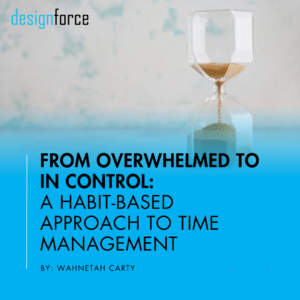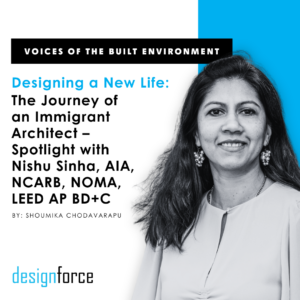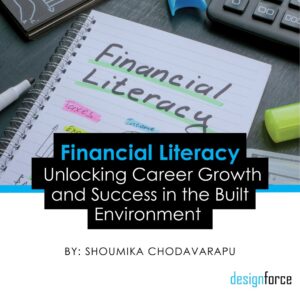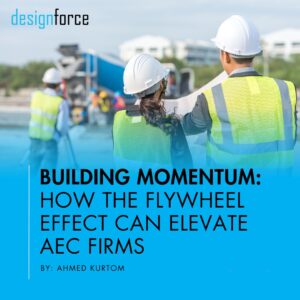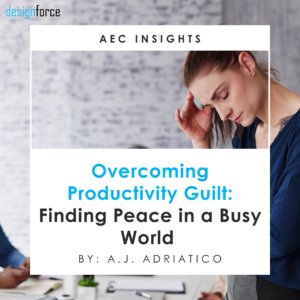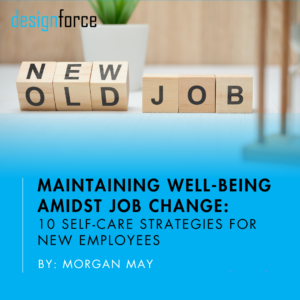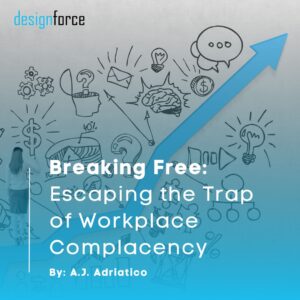I’ll always remember a piece of advice an engineer gave me during a college internship one summer. She said, “Take your FE exam during your senior year of college! You are not going to want to, trust me. But the longer you wait after graduation, the busier you become and the harder it is going to be to take it…and pass it.” I remember her saying even if I wasn’t sure if I would end up in an industry where the FE and PE are crucial, you’ll never regret opening and leaving doors open for yourself, even if you don’t end up walking through them.
This mindset of intentionally seeking and opening doors for myself stuck with me during the early years of my career. I knew early on that I wanted to become an emerging leader. I didn’t know exactly what path I may eventually want to pursue in the future, so I figured the harder I could work to expose myself to different areas and people, and the stronger of a reputation I could build with my peers, the more flexibility I would ultimately have to pursue various paths and make impact in the way I wanted.
Most of us know there are many challenges in the AEC industry but having this vision for myself helped me push through the tough times.
Having the right mindset and focusing on outcomes can be a differentiator for emerging leaders in our industry. Recently, I had the pleasure of meeting with Jaser Attallah, an electrical engineer who has accomplished a lot in his two-and-a-half years in the industry. Our interview shares his perspective on professional development, career challenges, and the outcome-focused mindset he has employed during his time in the industry.
What sparked your interest in building a career within the AEC industry?
One of the main things that appealed to Attallah about the AEC industry was the ability to work on complex, diverse designs and see them get built. He explains, “You get the satisfaction of walking around a building and seeing it get used by people and knowing that you have designed those things. And your mind is always engaged in this type of atmosphere. Each design is different, and you never feel bored. Sometimes stressed, but never bored.”
Outside of the technical parts of the industry, he loves that this is an industry with a lot of variety, whether it is with regards to the different kinds of projects you can work on, the different stakeholders you work with, or the diverse people you coordinate with constantly. As Attallah says, “There are always interactions with other people. That’s great because it helps you grow mentally, socially, and professionally.”
What drives you to push yourself to develop professionally?
Attallah explains that his main motivation to push himself professionally is simply knowing that there is always room and potential for growth. “A big drive for me is knowing that I always have the potential to grow – I just need to put the work in for it. For example, say there is a new task or responsibility. Even though I may not be the best person at the moment to do it, I can become the best person for it. And that mentality motivates me to keep growing as much as possible.”
He adds that having a vision of where he is trying to go and constantly having goals to help him get there also keeps him motivated to continue challenging himself and seeking more responsibilities.
I know you got your PE and LEED Green Associate recently. What made you want to pursue these certifications?
Attallah explains that his decision to sit for the LEED Green Associate started with a couple of seminars he attended about the certification. He felt like studying for and obtaining the certification would help him not only learn how to design in a more sustainable way, but also help him specialize in his knowledge.
“With the PE, it started out partially as a joke and challenge with my colleague, Julian [Chiveral]. We felt like we were at a point where we could take on more responsibility with projects and we started looking into pathways to eventually becoming project managers. And we noticed that the first step was getting certifications like our PE. So, we challenged ourselves to do it.”
He explains that the PE is not an easy exam to take, especially for a professional who hasn’t been in the industry for too long. It is an exam that is based heavily on engineering knowledge, experience, and application. Not to mention, the discipline it takes to manage time outside of work and prioritize family and social engagements – but for Attallah, he knew it would be easier from both a personal and professional standpoint to achieve this milestone sooner rather than later.
What is your approach to accountability and goal-setting?
Attallah explains that when it comes to goals, he prefers to tell people his professional goals to stay accountable. “I try to have the mindset of actually planning things out and taking steps towards these goals to reach an outcome. I ask myself every week, ‘Did I plan anything in my week to get to that goal’?” He adds that being vocal about what you are working towards can help keep you motivated, but also enables others to help you reach these goals.
When it comes to passing the PE exam, part of the way Attallah and his colleague held themselves accountable was by actually signing up for an exam date. “We signed up for the January date and said, ‘Okay, we have a deadline now.’ It puts us into the mindset of knowing we have to do it – that we are committed. Yes, some weeks were less productive than others, but it encouraged consistency in our schedules.”
He adds telling people they were taking the exam added positive pressure because they were accountable not only to themselves but to the people they had announced it to.
What is your approach when taking on new challenges and responsibilities?
Attallah is no stranger to taking on new challenges – for him, the key is thinking intentionally about what outcome he needs to achieve, and the steps he needs to get there.
He says, “Recently, I was put on a project that was a completely new type for me, and it was really overwhelming. I was stressed in the beginning, but I decided to break it down into smaller parts. I wrote what I needed to do for each part of the project, and things I wasn’t sure about. And then I started asking questions to the people I knew could help me.”
He explains that if there is one thing he has learned from being put into new, challenging situations, it’s not being afraid to fail. “Being in stressful situations and occasionally making mistakes can help you develop an immunity to it. When you fail at something, you have the opportunity to learn how to do it better next time. Once you get it right, you are always going to remember that for the future.”
Do you have any other advice you’d share with young professionals?
Attallah shares, “Wherever you feel like there is potential for growth, recognize that. Work towards it and let it motivate you to challenge yourself to take on something new. There is no one else better than you to take on that new opportunity. It can be anyone, so why not you?”
Final Thoughts
I learned a lot from my conversation with Jaser and the wise insights he had on careers and professional development. I implore everyone to revisit their mindset and see if there are new areas they can challenge themselves professionally. If you ever want to chat about career, goal-setting, or taking the next step professionally in the AEC industry, reach out to me at th@designforce.me!
Jaser Attallah is an electrical engineer at CMTA, based out of their Annapolis office.
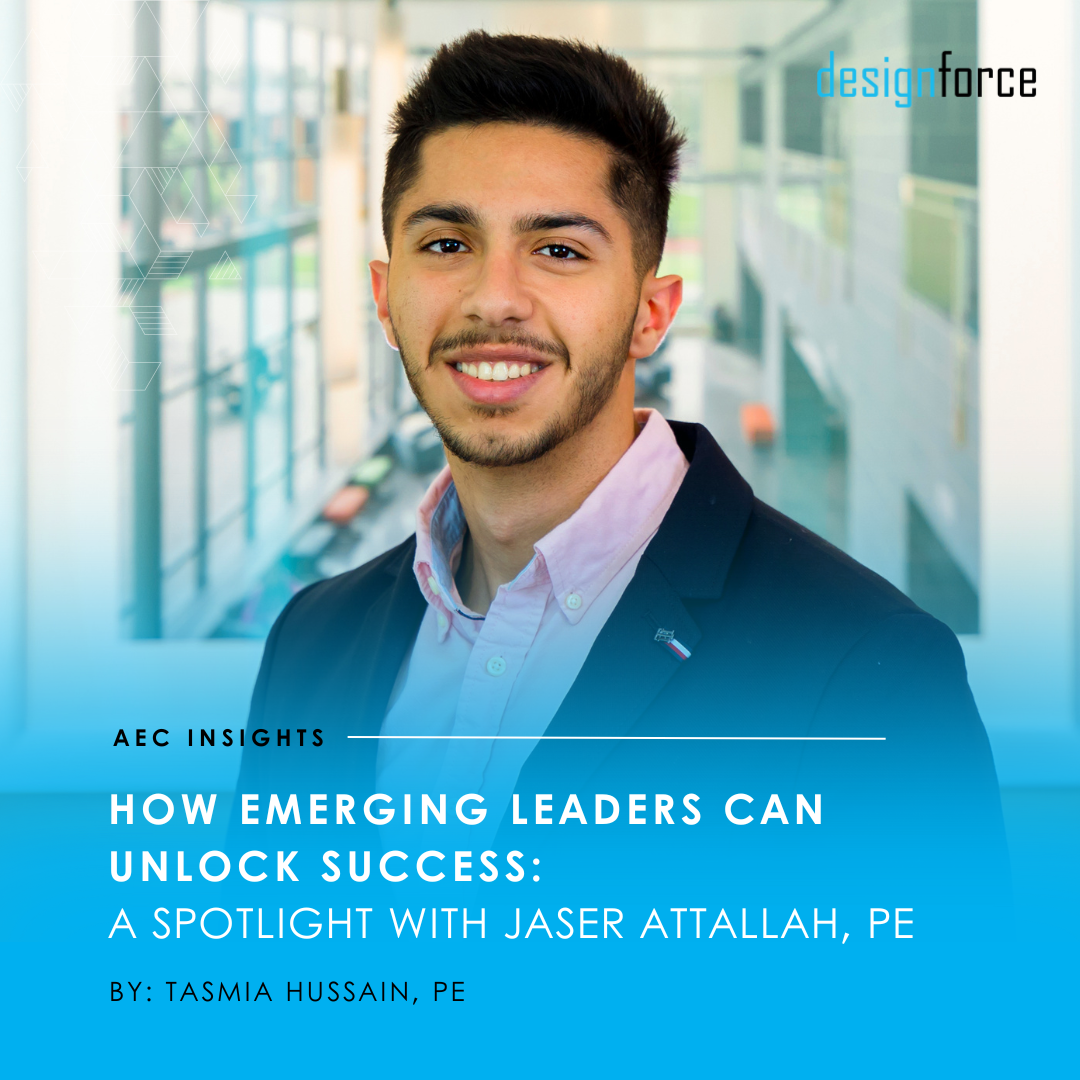
Related Posts
Let's learn together.
Stay inspired and in the know on all things A|E|C.
Sign up for our monthly newsletter.


